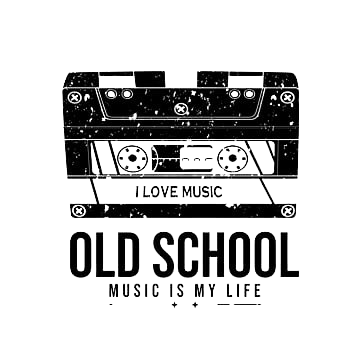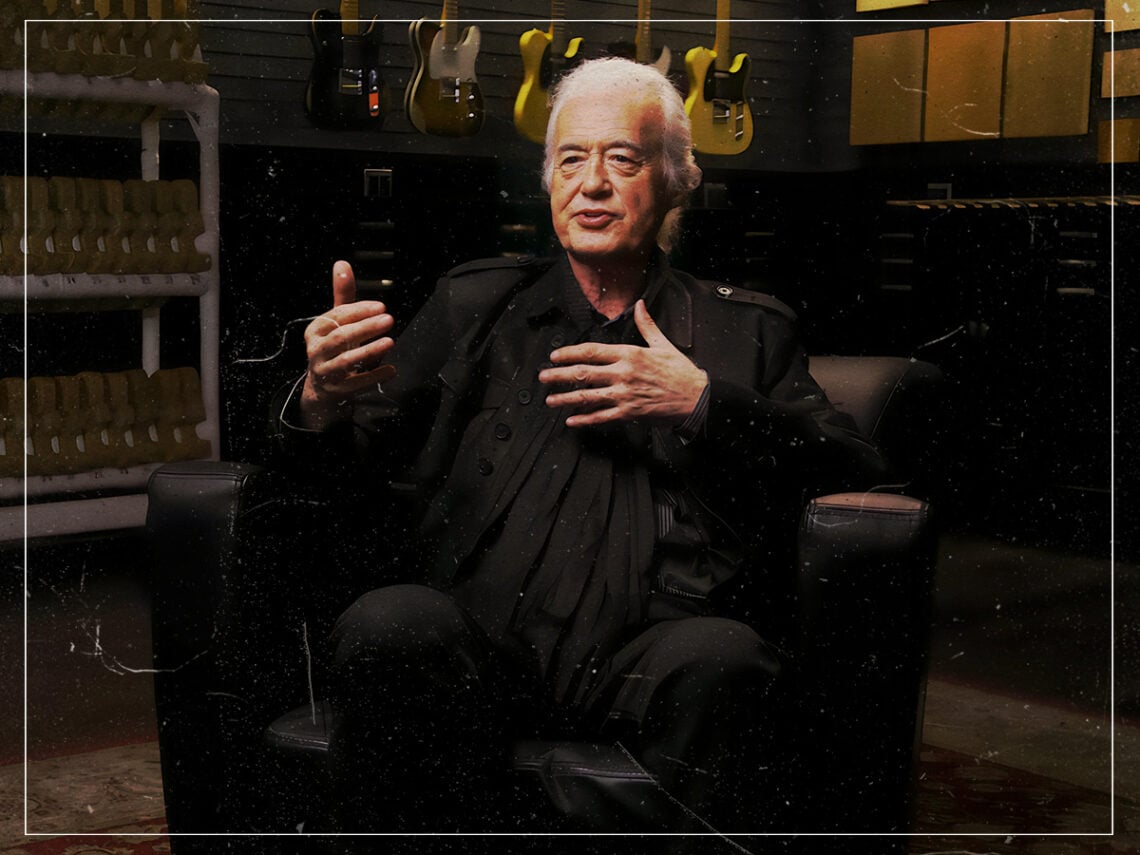There’s no easy way for someone to get over a bandmate’s death. After touring around the world and getting to know each other more intimately than anyone could outside of marriage, no one’s prepared to see that person suddenly disappear from their lives. Led Zeppelin had already been given that earth-shattering when John Bonham passed away, but Jimmy Page figured that having another group would be just the thing to pick himself back up when he formed The Firm.
For the rest of Zeppelin, though, losing Bonham helped them re-evaluate where they were as a band. No one could have replaced ‘Bonzo’, so it was only logical to make the kind of music that relies on less heavy material. Naturally, Robert Plant returned to The Band of Joy and launched a solo career playing a more subdued version of rock, while John Paul Jones still made a killing on the studio musician scene.
As far as Page was concerned, this was a death blow. He had been playing heavy music throughout most of his adolescence, and now that his intense partner-in-crime was gone, he was left without a set band for the first time since The Yardbirds. Page may have been lost in the woods, but it was also right around the time that Paul Rodgers found himself without a band.
After forming Bad Company from the ashes of Free, Rodgers was one of Page’s closest friends at the time. Since Zeppelin thought of them enough to be one of their first signings on their Swan Song record label, things looked like they would be perfect until Rodgers decided to leave to pursue other styles of music.
Although Bad Company moved on with Brian Howe, Rodgers felt a need to help Page in his time of need. He had already witnessed a rock and roll tragedy with the death of Free guitarist Paul Kossoff, and he was not about to watch another fretboard legend crumble to bits before his eyes.
Forming The Firm, Rodgers intended to put together a new supergroup to get Page into the fold of playing again. Rounding out the lineup with Chris Slade of Manfred Mann’s Earth Band and bass veteran Tony Franklin, the band ended up moving into the 1980s, putting a bluesy tinge on hard rock.
That wasn’t even the most legendary part of the lineup. Prior to landing on the rhythm section, the initial idea was for the band to have bass extraordinaire Pino Palladino on the low end and Bill Bruford of King Crimson behind the drumkit, only for them to fall through the cracks when they got tied to specific bands.
While they garnered a handful of hits at the time, such as ‘Radioactive’, the band wasn’t as concerned with the sales figures of the album. This was about getting Page back into shape, and from the looks of the videos, you can see him starting to regain his composure as a rock god once again.
Breaking out his trademark double-necked guitar again, Page pulled out all the stops for the band, including the return of his legendary violin bow to rake across the strings. After the second album, Mean Business, each member retreated back to their older outfits, with Page eventually having the confidence to release his first proper solo record, Outrider, a few years afterwards.
Despite being a one-off project, The Firm’s two albums still have the hallmarks of what made Page great to begin with. Outside of dealing with his grief, these albums do feel like the comedown from the dream of Led Zeppelin, as Page finds himself back on Earth trying to make the best of his situation and maybe find some magic that he has yet to uncover.
It’s also interesting that outside of his collaborations with Robert Plant in the 1990s and the Led Zeppelin reunion in the 2000s, The Firm is the only band that Page has been in after Zeppelin. All musicians might like to find themselves as a solo artist, but Page always felt comfortable in a band, and The Firm was the best place to go after watching his musical baby go up in flames.

